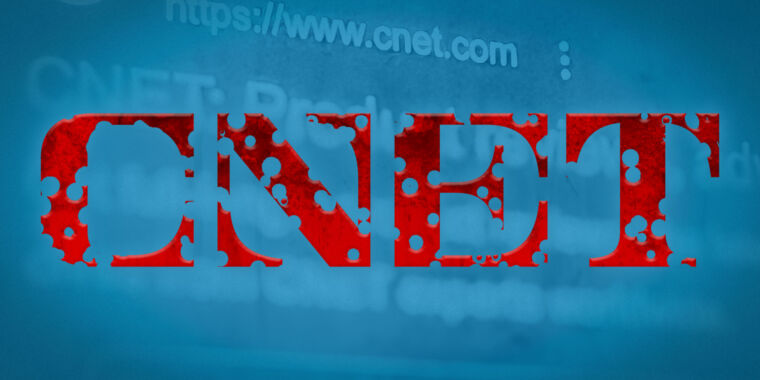archive.org is a treasure
Donate!
Long time fan but suddenly hit with impassable captcha 🤔
It looks like they misunderstand how to improve their SEO ranking
In fact, on Tuesday, Google’s SearchLiaison X account tweeted, “Are you deleting content from your site because you somehow believe Google doesn’t like “old” content? That’s not a thing! Our guidance doesn’t encourage this. Older content can still be helpful, too. Learn more about creating helpful content.”
deleted by creator
Yeah I own an SEO business and that’s not how any of this works
However, before deleting an article, CNET reportedly maintains a local copy, sends the story to The Internet Archive’s Wayback Machine, and notifies any currently employed authors that might be affected at least 10 days in advance.
People are freaking out so bad about this story. They’re doing the right thing and archiving it before deletion. Settle down.
How many CNET articles from 2004 are you reading that you’re getting this angry about it?
Money ruins everything.
All of the geocities websites I used to go to proved that the internet wasn’t forever. Did anyone really think it was?
It’s fairly silly that this course of action is the consequence of a desire to manipulate search engine results, but at least they’re archiving the articles before taking them down.
To address the headline, though, I don’t think that anybody reputable ever seriously claimed that the internet was forever in a literal sense - we’ve been dealing with ephemerality and issues like link rot from the beginning.
It was only ever commonplace to say the internet was forever in the sense that fully retracting anything once posted could range from difficult to impossible after it’d been shared a few times.
Only in the modern era dominated by corporations offering a platform in perpetuity have we been afforded even the illusion of dependable permanence, and honestly I’m much more comfortable with the notion of less widely distributed content being able to entropy out of existence than a permanent record for everything ever made public.




